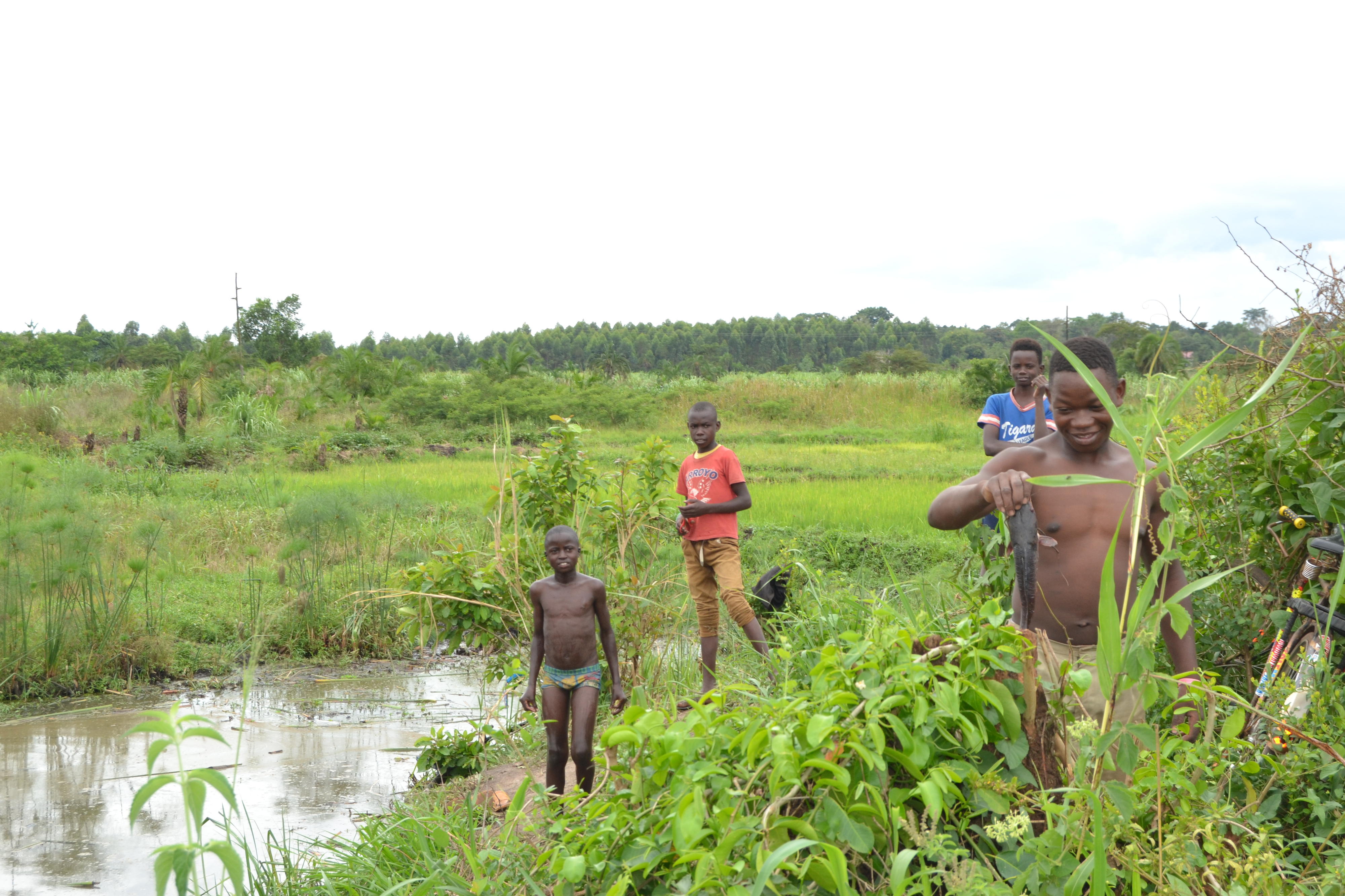Civic engagement in the digital era

What you need to know:
Over the years, Ugandans have participated in other civic activities like voting for and writing to politicians, on-ground protests, and attending public debates and dialogues
Across Uganda today, we see a steady loss of civic rights and freedoms, the quick spread of disinformation and divisive rhetoric, the increasing exclusion of marginalised groups, and a growing mistrust in democratic institutions.
These trends are intricately linked to citizen exploitation and tolerance of corruption and impunity. The rapid, unequal digitalisation of our community and the daily lives of Ugandans magnifies all this.
Over the years, Ugandans have participated in other civic activities like voting for and writing to politicians, on-ground protests, and attending public debates and dialogues.
There have been opportunities for more involved civic participation such as community clean-up commonly known as “Bulungi bwansi”. In all this, there has been evidence in the electorate to hold their leaders to account as a civic duty.
But as civic space continues to shrink, and as dissent continues to be curtailed and gagged, citizens have crafted ways in which they continue to exercise their civic duties and also hold their leaders accountable.
In our effort to create a Uganda where civic rights and freedoms are safeguarded, inclusive public discourse thrives, and individuals can actively ensure the fair and responsible use of public funds, it is crucial to have avenues for the exercise of civic duty. These platforms are essential in preventing corruption and impunity from becoming predominant in the governance and service provided by our leaders.
In Uganda today, citizens online have successfully gone through many digital activism drives and hashtags to make sure that there is still room to check and monitor the members of parliament and hold them accountable. Currently, the hashtag #TextTheThief is driving the digital activism space and different people are using their right to offend to not only call out corrupt leaders but also to provide knowledge of the extent of the abuse of office that has gone on in the August House.
Sociologists, Miki Caul Kittilson and Russell J Dalton noted that “Virtual civil society appears to have many of the same benefits for citizen norms and political involvement as traditional civil society,” and therefore an extension of the work that on-ground organising continues to deliver.
In our efforts to reclaim civic space in Uganda and build citizen agency in the digital age, we must as of first priority build civic influence and support the work of citizens who raise public awareness and get people involved in digital campaigns and shape the debates on the floor of Parliament.
These watchdogs play a critical role in making sure that the concerns of the last-mile communities are reflected in government decisions and policies.
Additionally, citizens need to protect and guarantee that human rights advocates, social justice activists, digital content creators, and independent media can safely, responsibly, and effectively utilise information and technology.
As their work becomes more digitally oriented, they are at risk from digital threats such as surveillance, data theft and misuse, targeted disinformation, and deep fake videos, which are designed to discredit and harm activists and other community leaders.
Shaping narratives and challenging the status quo can be difficult, especially in a government with 38 years of entrenched leadership. However, it is crucial to create opportunities for alternative perspectives and dissenting voices to be acknowledged and supported by the public.
Independent media, artists, civil society organisations, and community groups are at the forefront of this movement. They address issues such as political and police corruption, and the misuse of political power, and bring attention to the various challenges within Uganda.
We also continue to implore and demand transparency and accountability in governance at both the national and local levels. Through advocacy for open budget processes, ensuring that public funds are used appropriately, and calling for government accountability to the citizens.
Equally, promoting transparency and good governance can help prevent corruption, ensure fair allocation of resources, and ultimately improve the wellbeing of all citizens, especially those who are most vulnerable.
Our ultimate goal in having citizens exercise their civic duty through digital platforms is to make sure that both citizens and social justice advocates have a bigger say in what governments spend money on, especially at the local level.
Governments need to be transparent and responsive to local concerns because the most vulnerable citizens, such as those affected by exclusion or the consequences of climate change, rely on local authorities to fairly allocate public resources and serve their communities with integrity.
Tricia Gloria Nabaye
Advocacy and Engagement Lead- Pollicy.




